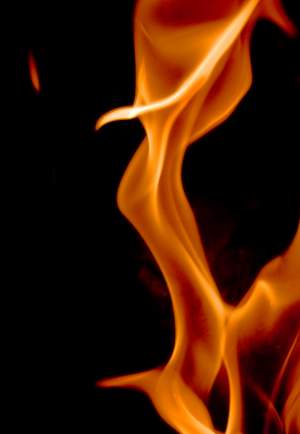Ask any menopausal woman and she’ll tell you that what she hates most about this phase is hot flashes. It was suggested that eating soy could provide some relief. However, there was no conclusive research to back this advice. Well, that has changed. According to a report published in Menopause: The Journal of the North American Menopause Association, based on the review of 19 studies, eating two servings of soy every day reduces the frequency and severity of hot flashes by up to 26 per cent.

The authors feel that previous studies were contradictory because they were based on a small sample size and inconsistent methodology. “When you combine them all, we’ve found the overall effect is still positive,” said Melissa Melby, a medical anthropology professor at the University of Delaware and co-author of the study.
Examining the impact of soy isoflavones, chemicals found in soy that exert a mild estrogen-like effect, Melby and her colleagues found:
- Ingesting at least 54 milligrams of soy isoflavones daily for six weeks to a year reduces menopause hot flash frequency by 20.6 per cent and severity by 26 per cent.
- The total reduction in frequency and severity might be even greater due to the placebo effect.
- In longer duration studies [where women consumed soy isoflavones for 12 weeks or more], the decrease in hot flash frequency was approximately threefold greater than in shorter-duration trials.
- Isoflavone supplements with higher levels [at least 19 milligrams] of genistein, one of the two main types of isoflavones, were more than twice as effective at reducing hot flash frequency than lower amounts.
Melby called the genistein result particularly notable because the compound is the primary isoflavone in soybeans and soy foods, suggesting that, “Eating soy foods, or using supplements derived from whole soybeans, may work better for women.”
Each gram of soy protein in soybeans and traditional soyfoods provides approximately 3.5mg of isoflavones. Drinking two glasses of soymilk or eating 200g tofu provides approximately 50mg of isoflavones.
The interest in soy and menopause stems from observational evidence in Japan, where researchers have found the low frequency of hot flashes in Japanese women might be attributed to the high soy consumption that often begins in utero and continues throughout their lifespan.
“Soy is probably more effective in these women,” Melby said. “But if you’re 50 and you’ve never touched soy, it’s not too late. We’ve found that it still helps.”

